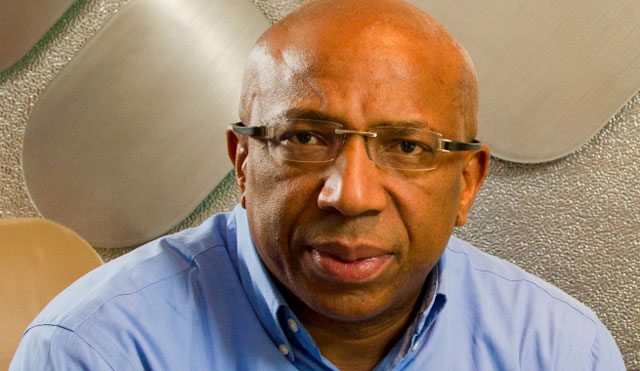
Within the next three years, Telkom will have deployed fibre-optic broadband infrastructure past a million homes, CEO Sipho Maseko said on Monday.
Speaking at Telkom’s annual Satnac conference in Hermanus in the Western Cape, Maseko said the company would aggressively step up its fibre-to-the-home (FTTH) roll-out to provide next-generation broadband to more South Africans.
The company is facing a serious threat to its core business of fixed lines from a number of challengers, including companies such as Dark Fibre Africa, Vumatel and Link Africa, which have started wiring up suburbs in the big cities, replacing Telkom’s copper local loop into homes.
By the end of August 2015, Telkom had passed 38 000 homes with its fibre cables, Maseko said. This means those homes can apply for access to FTTH broadband. He didn’t say how many of those homes had actually taken up fibre services.
By December 2015, Telkom will have passed 70 000 homes with its fibre network, Maseko said. This will grow quickly to 150 000 by March next year and half a million by the end of 2016.
“By March 2018, we will have reached a million homes,” he said. He did not say how much the roll-out is expected to cost Telkom.
At the same time, Maseko emphasised that Telkom is committed to the principle of providing open access to its infrastructure. He promised to open the company’s telephone exchanges to rivals. This will start with providing open access to 200 of these sites, he said.
“In the past, as Telkom, we would fiercely oppose local-loop unbundling. However, going forward, we want to become much more of an open-access operator,” Maseko said. Already, Telkom is deploying its FTTH network on an open-access basis, he said.
In light of the decision to open its exchanges, along with Telkom’s plans for “deep functional separation” between its wholesale and retail businesses, Maseko said the mobile operators should open their wireless networks to rivals, too.
“I would call for some kind of reciprocity from the mobile operators if we are to overcome the access deficit,” he said. “There needs to be wholesale access … and active sharing of the wireless local loop.” — © 2015 NewsCentral Media




